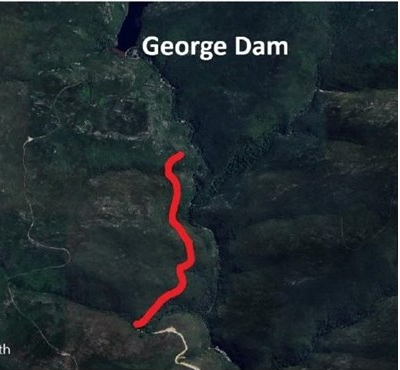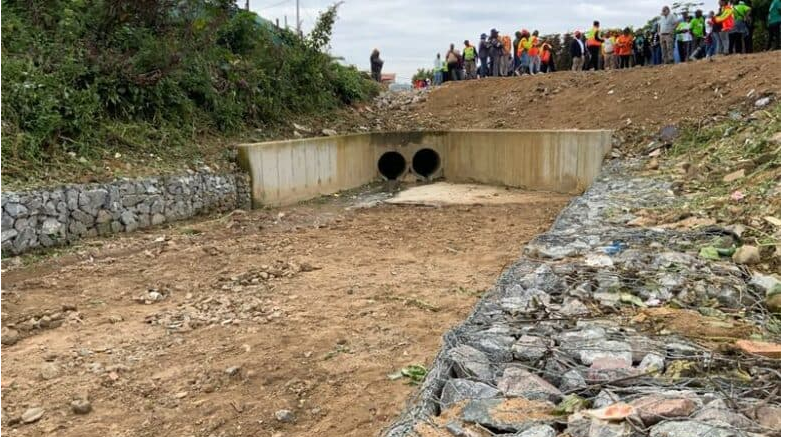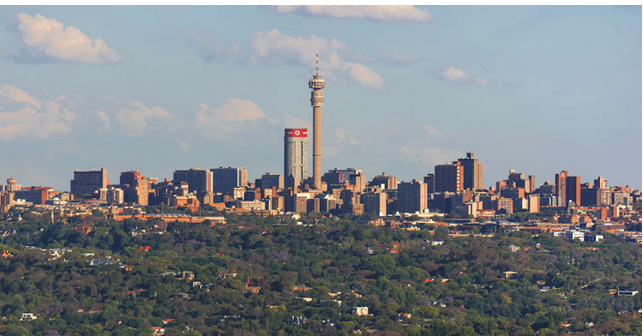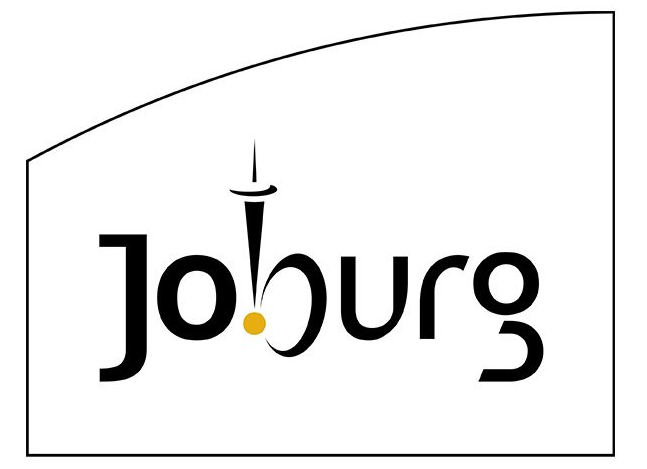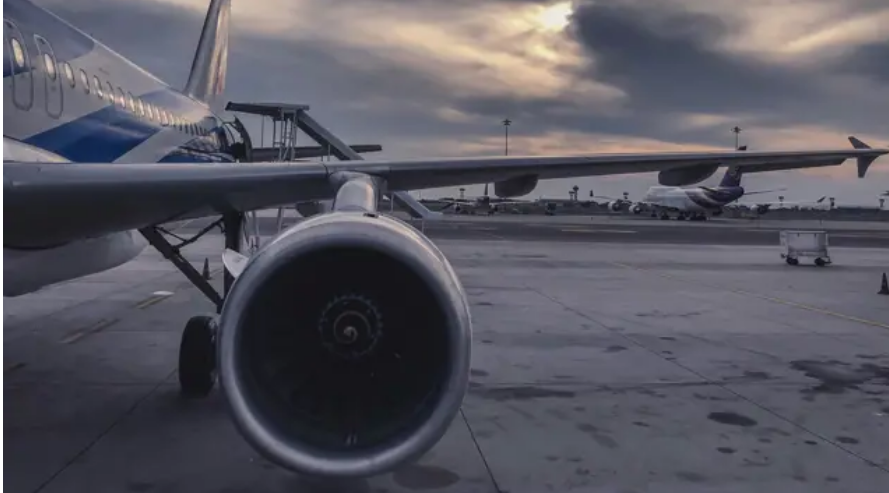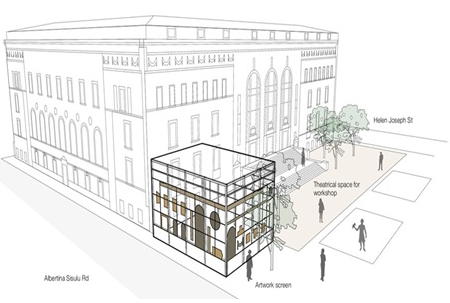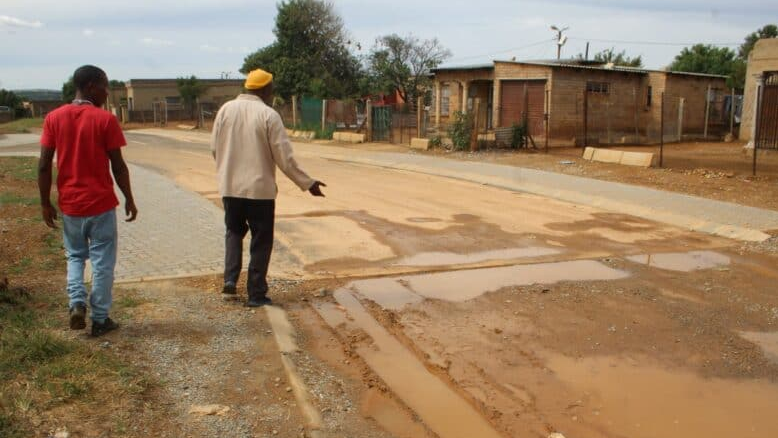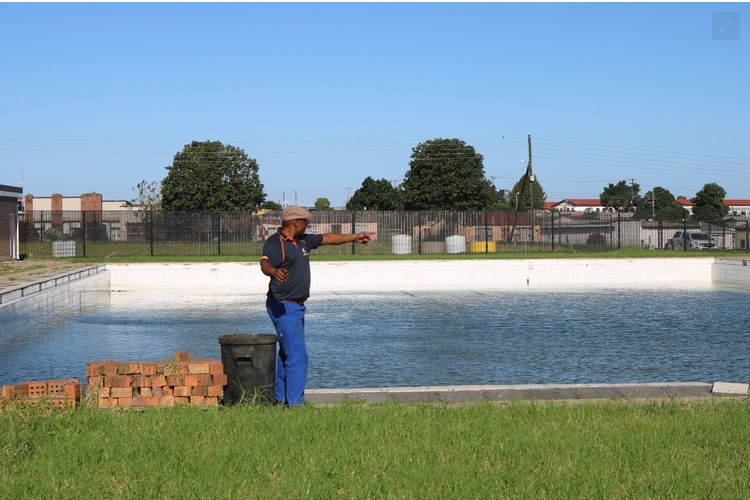A look inside Johannesburg Water’s R729 million renovation plan
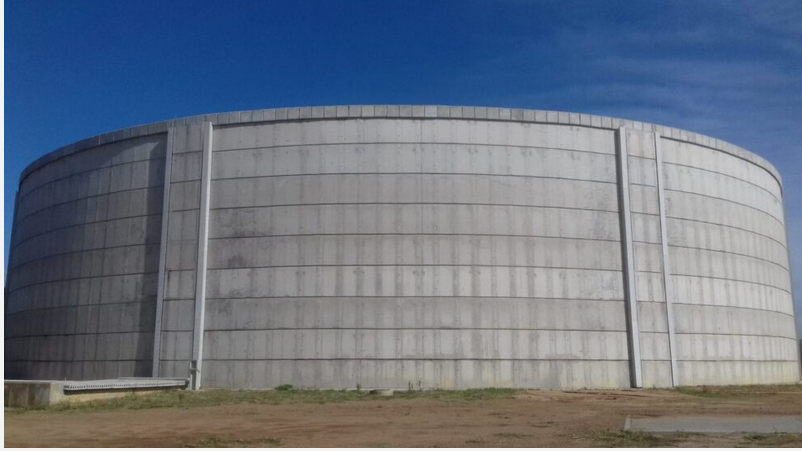
27-06-2024
Read : 817 times
Infrastructure News
Source
As Randwater sets out to begin its renovation project, Johannesburg Water unveils its plan to improve its system.
Maintenance and upgrades are words that South Africans love to hear, and Johannesburg Water has decided to implement a reservoir upgrade to improve its current capacity within its system. With many of its systems facing issues over the years the water authority will begin its renovations to the system this year.
The system itself
Johannesburg Water uses an interconnected system that operates by ensuring constant flow, we previously reported on how the Randburg system operates, and this means that the tower and reservoir systems are not necessarily designed with storage in mind.
Taking cues from the water outages it has faced over the past few years Johannesburg Water intends to increase the storage capacity of its reservoir systems to mitigate such events such as supply-side challenges. Currently, the required minimum in the annual daily demand (AADD) for capacity is 24 hours for reservoirs and 4 hours for water towers. The water authority claims 1943 Megaliters (Ml) of combined storage with 1621 Ml per day of AADD which translates into 29 hours of storage, 5 hours more than the minimum. This however reflects the combined storage, and there are water districts where the storage falls below the minimum such as Bryanston, Forest Hill, Erand tower and reservoir water districts, President Park and the often in headlines Hurst Hill system.
The proposed upgrades
There are five projects that fall into the medium to long-term measures that Johannesburg Water will embark upon.
- New Crosby bulk infrastructure project, including a pump station, rising main and Randwater supply line. The scope includes installing a standby generator to mitigate the effects of load shedding and improve pump efficiency to the Brixton reservoir including a booster pump to supplement supply to Hurst Hill from the Crosby Reservoir. The project is expected to run for 18 months, cost 220 million rand, and begin in September 2024. This project is currently in the procurement stage.
- Construction of a new tower with 1.4 Ml of storage, and a new reservoir with 22 Ml of storage in Brixton. This project will run for 18 months, cost 292 million rand and is expected to begin in April 2025.
- Upgrading the Erand Tower system by constructing a 2 Ml tower and pump station along with the associated pipework to allow for sufficient pressure in high-rise areas of the Erand/Midrand area. This project will run for 18 months, cost 77 million rand and is expected to begin in May 2025.
- Construction of the 22 Ml Woodmead reservoir is expected to run for 18 months, cost 51 million rand and is expected to kick off in July 2025.
- Construction of the 20 Ml Carlswald reservoir is projected to take 18 months. Cost 89 million rand and begin in February 2025.
These medium to long-term measures to improve storage in areas that need it will collectively cost 729 million rand, a significant investment in water infrastructure.
New ways forward
Along with these measures Johannesburg Water intends to implement new technologies to aid them in their service delivery. Water demand management is a crucial element in the functioning of the water system, and adopting real-time data and online tools can provide a more efficient approach to managing the water demand of the feeder areas. This requires integrating IT solutions with existing frameworks to achieve a more efficient system. The use of smart metering improves the revenue collection stream of the city as well as improves the understanding of the water users about where and what they use water for. This empowers users to monitor their own water usage and provides better billing and revenue collection for the city. Keeping with revenue collection an automated remote valve restriction can ensure that non-payment results in a restriction of water usage which will provide the minimum water flow and uphold the right to right but encourage payment for water use. Nowadays there is an app for everything, and an app that provides real-time data visualisation where users can give input that can better their own experience is something that would show the city is taking great steps in involving its customers. The Ops App is just that Johannesburg Water is looking to expand its use.
Keeping its Blue Drop
As the best-performing Water Services Authority in Gauteng achieving a 98.1% score on its Blue Drop report, Johannesburg Water intends to keep and improve on its score with its significant investment into existing and new infrastructure as well as keep its water in the 21st century by integrating new technologies.
Recent News
Here are recent news articles from the Building and Construction Industry.
Have you signed up for your free copy yet?

